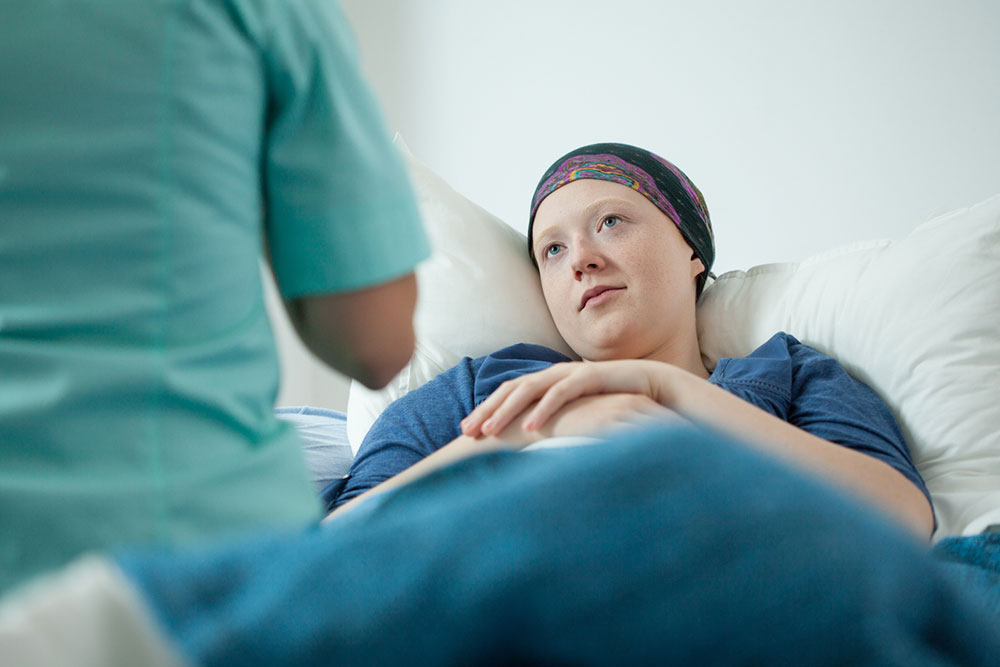4 Alternative Therapies for Patients with Breast Cancer
Breast cancer is known to affect about 1 in every 8 women in the country, which is approximately 12% of the entire female population. In fact, as of January 2019, there are more than 3.1 million women who have a history of breast cancer, and this includes women who are currently being treated and who have finished their treatment. Breast cancer can be cured completely only when it is diagnosed in its initial stages. Once cancer metastasizes to adjacent organs, the treatment methods aim to control the symptoms of the condition instead of trying to cure it completely.
Breast cancer treatments involve radiation therapy and chemotherapy, which can wreak havoc on one’s body.

Acupuncture
Acupuncture is a traditional Chinese treatment method and the studies from the National Center for Complementary and Integrative Health (NCCIH) suggest that this treatment can help women with breast cancer. It involves the use of thin needles that are inserted into the body, and it is believed that this process can stimulate the brain and nervous system to help reduce the pain.
Tai chi and qi gong
Tai chi and qi gong originated in China and these are movement-based exercises that aim to move and balance the natural energies within the body. These exercises lay emphasis on breathing and meditation. Moreover, they are instrumental in reducing stress and pain and improving mental health and mobility. They even play a vital role in reducing the side effects of chemotherapy or radiation. NCCIH states that practicing tai chi can also improve mood and quality of life of cancer patients.
Massage therapy
Massage therapy is relaxing as it manually stimulates the tissues in the skin and muscles as well. In fact, as per NCCIH guidelines, doctors recommend massage therapy as one of the major approaches to improve the person’s quality of life and relieve anxiety, stress, fatigue, and depression caused by cancer treatments. However, it is essential to find a reliable massage therapist who understands the unique needs of the patient undergoing treatment for breast cancer.
Biofeedback
Breast cancer patients have known to benefit from biofeedback. This therapy aims to teach people various ways to identify and control the involuntary aspects of the body, and this includes the heart rate, muscle tension, and blood pressure. In biofeedback sessions, the therapist connects the person to an electrical device that provides visual and auditory signals whenever a physiological change occurs in the body. They monitor how the patient responds to these signals, who can then attempt to learn to control certain functions. As per the NCCIH, there are some studies that indicate that biofeedback can help breast cancer patients manage their symptoms and the side effects of the treatments. However, it is essential to practice biofeedback under the guidance of a licensed therapist.
It is important to understand that these treatment methods cannot cure breast cancer on their own. These methods are combined with other cancer treatment procedures to ensure that the patient remains comfortable and healthy throughout the process.

